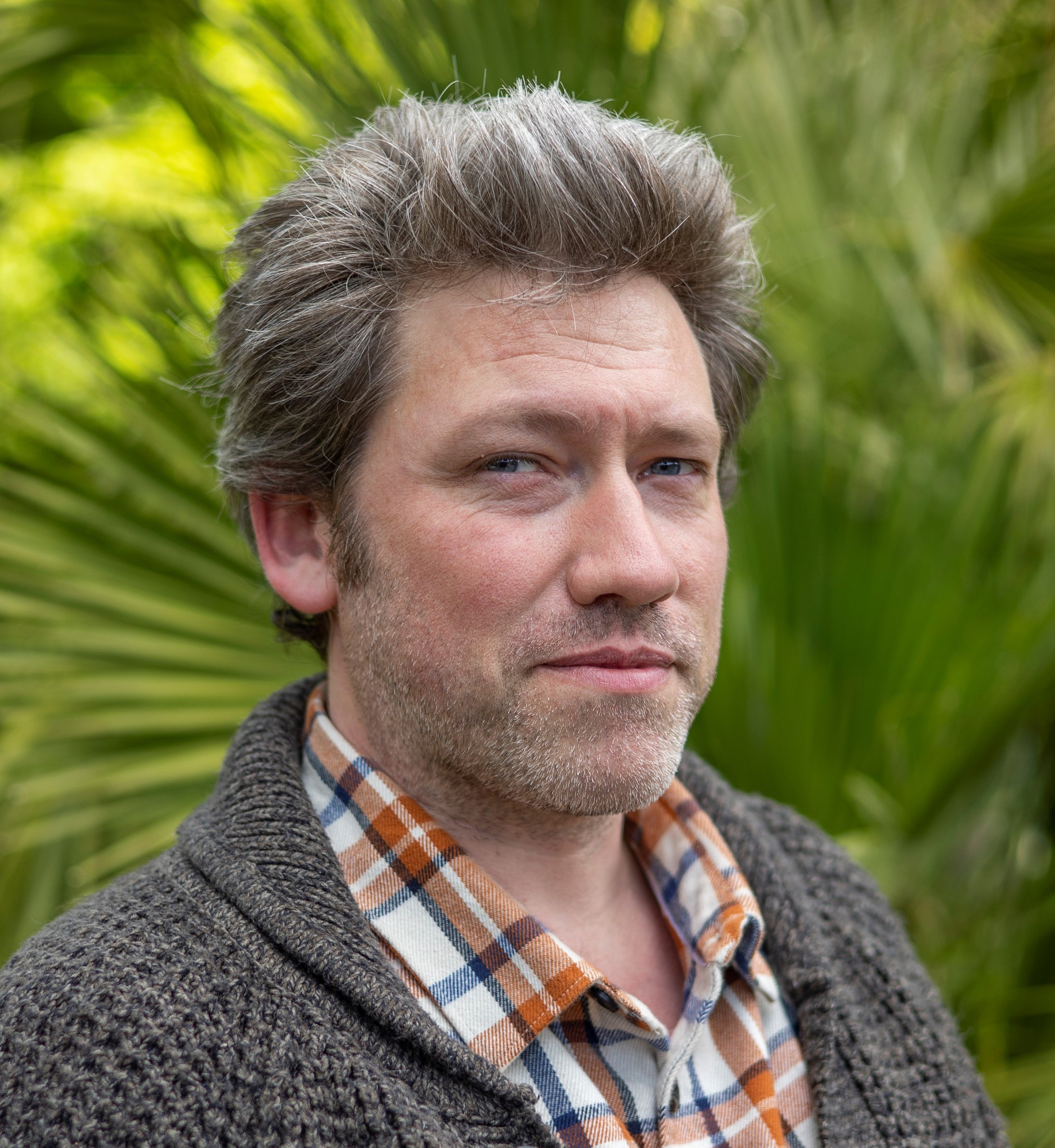'Animal Voices' an Interview with author and Falmouth lecturer, Luke Thompson
FalWriting: What made you interested in the topic of animal voices and communicating with animals?
Luke Thompson: I grew up living and working with a ridiculous quantity of animals, and when I decided to study, I made the mistake of choosing philosophy instead of zoology. I've been clawing my way back ever since.
I'm actually writing a book about human-animal conversation, exploring the weirder sides of it and what pictures of the world are developed to accommodate the idea. So that's from antiquity to the present day, from traditions about Solomon and Melampus to Irene Pepperberg's work at Harvard with Grey parrots. Language is so central to the human experience, and both philosophy and poetry push the barriers of the knowable and the sayable; I guess I'm curious about what happens when we try to enter that territory.
FalWriting: How did you convey this to the participants in the workshop?
Luke Thompson: In the workshop at North Cornwall Book Festival, we talked through the challenges of using this human process (writing in human language) to approach the other-than-human and even the probability that what we were doing was impossible. Impossible but important, I think we agreed. It is a weird workshop and it requires breaking down barriers before building them up again. It's actually a technique I noticed some of the psychic animal communicators used when I was researching their world. It seems (to me) more about achieving the right frame of mind to get where you need to go. In this workshop, we explored the catfish and its peculiar sense of taste, which is incredibly intense. The catfish tastes not only around its mouth but actually all over its body. Can you imagine being able to taste with your whole body?
FalWriting: Was there anything unexpected (a surprising element) in what was produced in the workshop?
Luke Thompson: Everything about these workshops is unexpected. I've been doing a series of them this year, all of them with sea life and all of them exploring senses that either we do not have or we have in a different way. They were attended by mostly beginners in poetry, many of whom had not really engaged with this sort of play and experimenting. With that in mind, I think the results have been outstanding. I invited participants to write up their poems and send them to me after, and I'm going to make a little booklet from them.
FalWriting: How did you end up writing 5 books about the European eel? (prize question)
Luke Thompson: Oh gosh, eels. It started as a collaboration with the artist John Kilburn back in maybe 2017. No, that's not right, it started in a pub with the artist John Kilburn. John had been talking to the Sustainable Eel Group about developing some projects to raise awareness of the critically endangered European eel. We decided to use storytelling and absurdity to try to build new connections between people and eels. Somehow we convinced the SEI to fund me writing a novella and John illustrating it - and the eels kind of snowballed from there. Before we knew it, we were working on a series of books, heading off to Brussels and the European Parliament for an event on eel trafficking and performing in the Natural History Museum in London. Five years later, the eels are still rumbling on. A couple of weeks ago I got back from an event in North Wales organised by Caught by the River, where I was doing a collaborative talk on eels with the writer Michael Malay.
FalWriting: Which is your favourite animal voice to imagine/explore?
Luke Thompson: Hmm. In workshops, the octopus and the jellyfish are quite fun. I started doing a workshop some years back with the poet Isabel Galleymore on these two contrasting voices. We called it something like Octopus Nine Brains, Jellyfish No Brains. Those mini-brains of the octopus in each of its limbs are a bit of a poetic (and comic) gift. But there are other species to explore with super-senses. The mantis shrimp with something like 16 light receptors (humans have 4) could be fun - especially as we have lots of language around sight and light (compared with limited language around taste). Outside of workshops, it's the method more than the species that has taken me to the most surprising and entertaining places. In retrospect, the time I spent in sensory isolation tanks trying to replicate experiments from the twentieth century was pretty peculiar.

